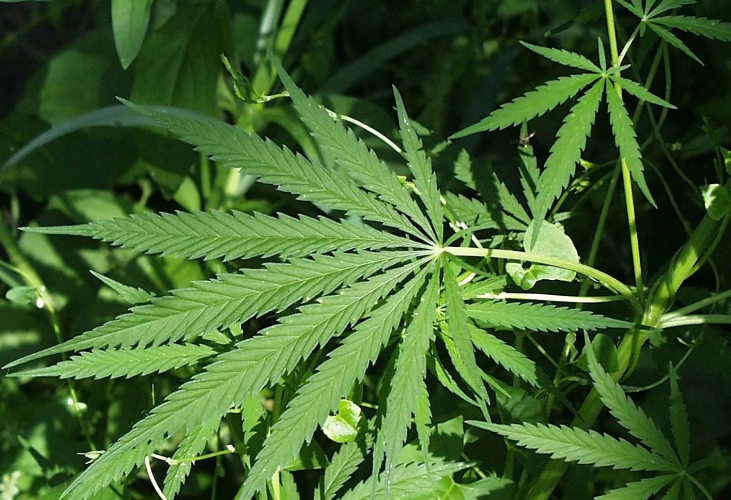Currently, 23 states have legalized recreational marijuana and others are not far behind. Approximately half of Americans are only a short drive away from a marijuana dispensary. Yet, there is very little hard data about the relationship between marijuana and highway safety.
That may be changing as the government begins to spend more money on research. In 2018, $143 million was spent and it is assured that more will be spent under the banner of the 2021 infrastructure bill which includes language about producing an analysis of marijuana’s impact on road safety.
A recent study on the topic by the American Transportation Research Institute (ATRI) concludes, “While there is growing acceptance and availability of the drug in the U.S., there exist significant knowledge gaps regarding the relationship between marijuana use and public safety. The impacts of impairment on individual drivers and overall highway safety have yet to be adequately documented through research.”
ATRI is a not-for-profit research organization with ties to several large trucking companies and the American Trucking Association. According to its website, its “primary mission is to conduct transportation research, with an emphasis on the trucking industry’s essential role in a safe, efficient, and viable transportation system.”
The new report, published in June, chronicles the history of marijuana legalization and decriminalization. It points out that one of the major reasons for the lack of research on the issue is that marijuana has only been legal in some states for a few years. In fact, as far as the federal government, marijuana remains a Schedule I drug which has no medicinal or practical purpose.
The report also looks at marijuana and highway safety. The study found that the use of marijuana can cause impaired coordination, distorted perception, memory, and problem-solving difficulties.
According to the report, “Of particular concern for those operating a motor vehicle are decision-making capabilities as well as reaction times, which can be slowed by marijuana.”
In citing a 2021 research study, the ATRI report said, “Peak marijuana effects were found to impair ‘driving performance and driving-related cognitive skills (e.g., lateral control, tracking, divided attention).’ The study also offered evidence that drivers should wait five hours after inhaling marijuana before operating a vehicle.”
The report concludes that the U.S. has two potential “pathways” in its handling of marijuana usage and highway safety.
“Pathway One” is to basically do nothing and keep marijuana a Schedule I drug. The report points out that since 2020 over 100,000 truck drivers have been relieved from duty for testing positive.
If laws remain the same, the trucking industry will continue to hemorrhage drivers. In addition, as more states legalize, the trucking industry will be in the middle of a number of conflicts between states and the federal government over the issue.
“Pathway Two” would focus on the following solutions: “Develop a Nationally Recognized Marijuana Test and Impairment Standards; Protect a Carrier’s Choice to Screen for Marijuana and Develop Greater Knowledge of Marijuana’s Impacts on Highway Safety through Federal Research and Data Collection.”



